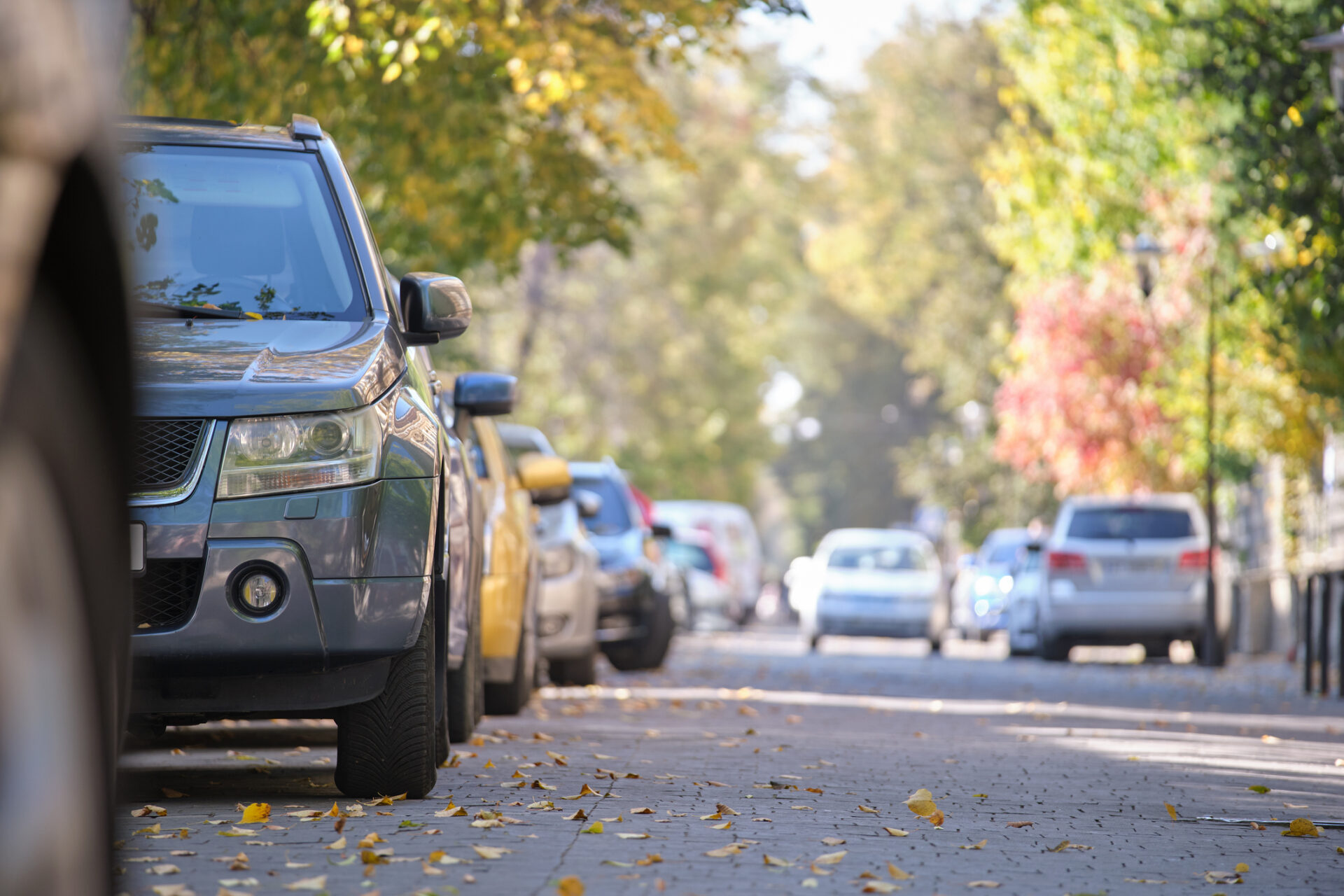Pavement parking: a daily barrier for many older people in Wales
As highlighted in a recent BBC Wales News article, Guide Dogs UK has raised concerns about the impact of pavement parking on people living with sight loss, and the potential risks this can create in terms of people’s safety when they are out and about.
This is an issue that resonates strongly with many older people, reflected in a number of responses to my Have Your Say consultation earlier this year, in which blocked or cluttered pavements were highlighted as a barrier to getting out and about safely, affecting mobility, independence, and confidence.
But more than this, obstructed pavements can also force people to walk on the road, navigate uneven surfaces or try to step around hazards, all of which increase the risk of accidents or falls and can lead to serious injuries such as fractures or head trauma.
These risks can discourage older people from getting out and about, participating, interacting socially and staying active – all of which are important in terms of supporting us to age well.
And the problem is not restricted only to cars. While cars parked partly on footpaths are often the most visible offenders, other obstacles – such as rubbish bags, overgrown vegetation, and even broken or damaged pavements or paths – also create hazards in terms of walking safely. An emerging issue is also the increasing use of e-bikes or e-scooters on pavements, which people often do not hear coming behind them and create a risk of older people being bumped into or knocked over.
Guide Dogs UK is calling for Wales to follow Scotland and London, and ban pavement parking, something which I support. The Welsh Government should therefore revisit the plans that were in place for a ban in 2023, to deliver on its commitment, reaffirmed by the Transport Minister, to ‘making streets safer and more accessible’.
Local authorities need to have stronger powers to issue fines or penalties to those who consistently block pavements or leave obstructions. Enabling councils to do this would be both a practical step forward and would send a clear message that pavement parking is not acceptable.
Alongside enforcement, we also need to see awareness raising to help ensure that people understand the real impact of obstructed pavements and the risks they can cause for older people.
These actions would not only benefit older people, but people of all ages – including parents with pushchairs and people living with disabilities or limited mobility.
Blocked pavements are not a trivial inconvenience, they are a barrier to mobility, independence, well-being and ageing well. We need to see stronger measures to address this issue so people have the confidence to walk safely through villages, towns and cities across Wales.




